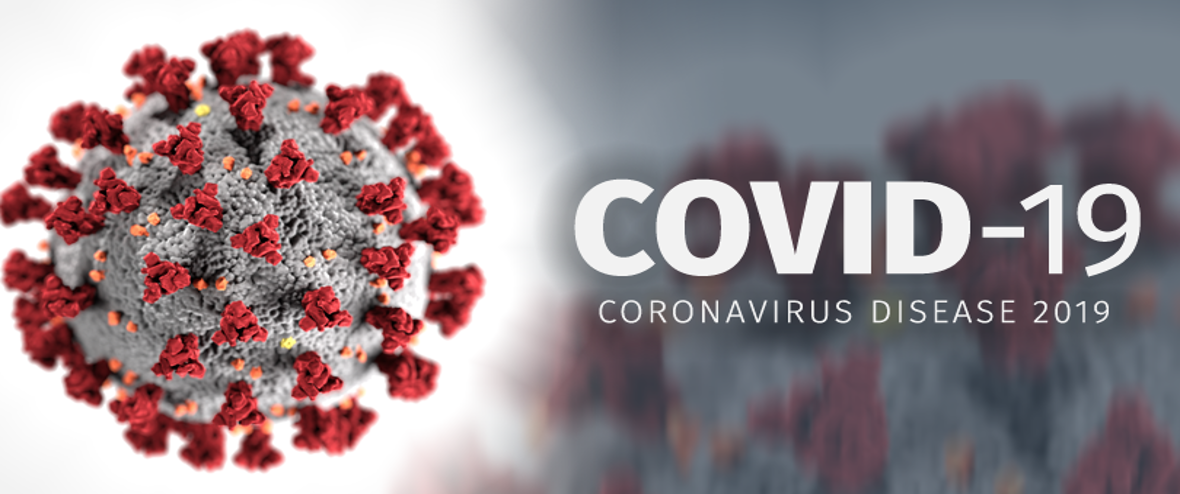A good and sturdy mental health refers to the presence of positive as well as pragmatic characteristics. The World Health Organization (WHO) stresses that mental health is “more than just the absence of mental disorders or disabilities.” Our mental health influences how we anticipate, perceive and behave in daily life. Millions of people are affected by mental health conditions, and stigma remains an enormous barrier to people receiving the care and attention they need.

The COVID-19 outbreak was immediate and unforeseen. The pandemic has resulted in an increase in known dangers for mental health problems. Together with unpredictability and uncertainty, lockdown and social distancing might lead to social separation. It is wholly normal to feel frantic and fretful while we deal with the effects of this pandemic. There have been recurrent instances of people slipping into desolation and seeking help. Also, the COVID-19 pandemic has triggered a rise in stigma and preconception against the corona virus patients that has put them in a melancholy mood. The downturn in the economy caused by COVID-19 will lead to unemployment, financial insecurity, and poverty, which hinder access to health services (especially in insurance-based systems), thereby having deleterious effects on physical and mental health and quality of life.
India’s fight against COVID-19 has been strenuous. There is a need for an inclusive strategy to deal with the mental health problems that people are going amidst this COVID-19 pandemic and promote mental health awareness. This has alarming implications for individual, collective health, emotional and social functioning. In addition to providing medical care, already stretched health care providers have an important role in monitoring psychosocial needs and delivering psychosocial support to their patients, health care providers, and the public — activities that should be integrated into general pandemic health care. The daily quarantine life brings us new challenges. The mental health awareness in India is much in need.

“The time seems so dark that people come to realization that everything feels so temporary, we need to calm down, be humble and compassionate to every other person as we all have our own load to carry, have faith and appreciate what we have now, and this is how we all can support each other during these hard times.”
There are various ways that we can adopt to minimize the burden of COVID-19 as individuals. Firstly, we need to embrace the positivity around us. The end of this situation is unforeseeable. Despite of not having real life interactions with our friends and loved ones, let us create moments to remember forever by virtual interactions. Distance means nothing when you can cherish these times with the people you like through many social media platforms. There’s always a way to satisfy the need of an hour and it’s a good way to feel connected.

Start your fresh mornings with meditation to
relax your mind and soul when you feel like anxiety might hit you. Speak your
heart out to your loved ones. Read something and explore new fantasies. Learn
new skills. Remember, Health is Wealth! And a good health is always maintained.
We should keep a check on our health and make efforts to stay safe and healthy
amidst this pandemic.
The Public health workers and government are taking immense efforts to create ‘Mental Health Awareness’ among people so that they get out of despair caused by the corona virus outbreak and work on their insecurities. They aim to create hopes for a healthy and safe environment. We must follow the preventive measures and also make other people aware about these as COVID-19 can have a long-term global impact on people’s mental health and prove to be catastrophic.
___________________________________________________________________
Reference:
- Betty Pfefferbaum, M.D., J.D., and Carol S. North, M.D., M.P.E. Mental Health and the Covid-19 Pandemic. August 6, 2020 N Engl J Med 2020; 383:510-512
- https://www.healio.com/news/psychiatry/20180511/top-articles-to-read-during-mental-health-awareness-month
- How mental health care should change as a consequence of the COVID-19 pandemic. Published:July 16, 2020. (https://www.thelancet.com/journals/lanpsy/article/PIIS2215-0366(20)30307-2/fulltext)
- Mental Health and the Covid-19 Pandemic. (https://www.camh.ca/en/health-info/mental-health-and-covid-19)
